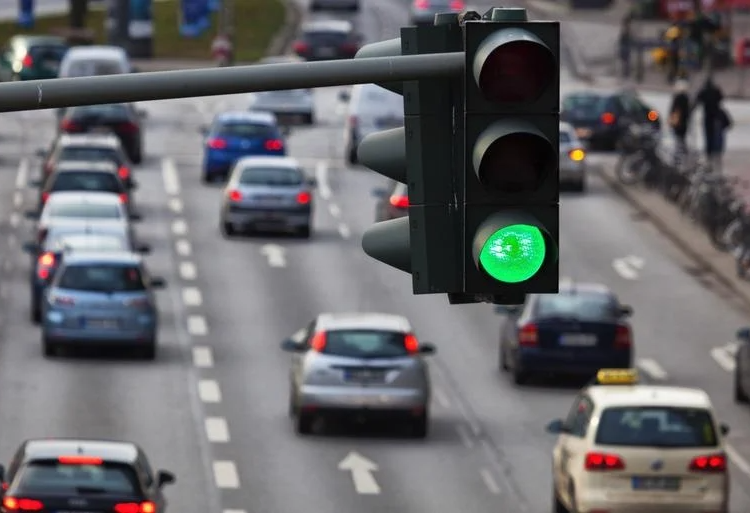ACCELERATE GENTLY
The harder you accelerate the more fuel you use. In the city, you can use less fuel by easing onto the accelerator pedal gently. To be as fuel-efficient as possible, take 5 seconds to accelerate your vehicle
MAINTAIN A STEADY SPEED
When your speed dips and bursts, you use more fuel, and spend more money, than you need to. Tests have shown that varying your speed up and down between 75 and 85 km per hour every 18 second can increase your fuel use by 20%.
ANTICIPATE TRAFFIC
Look ahead while you’re driving to see what is coming up. And keep a comfortable distance between your vehicle and the one in front of you. By looking closely at what pedestrians and other cars are doing, and imagining what they’ll do next.
AVOID HIGH SPEEDS
Keep to the speed limit and save on fuel! Most cars, vans, pickup trucks and SUVs are most fuel-efficient when they’re travelling between 50 and 80 km per hour. Above this speed zone, vehicles use increasingly more fuel the faster they go.
COAST TO DECELERATE
Every time you use your brakes, you waste your forward momentum. By looking ahead at how traffic is behaving, you can often see well in advance when it’s time to slow down. You will conserve fuel and save money by taking your foot off the accelerator and coasting to slow down instead of using your brakes.
AVOID IDLING YOUR VEHICLE
Turn off your engine when you’re stopped for more than 60 seconds, except when in traffic. The average vehicle with a 3-litre engine wastes 300 millilitres (over 1 cup) of fuel for every 10 minutes it idles.
USE A MANUAL TRANSMISSION PROPERLY
Pay attention to the tachometer, which shows engine speed. Use it to know when to shift a manual transmission for the best fuel efficiency. The higher the rpm, the more fuel the engine is burning.





